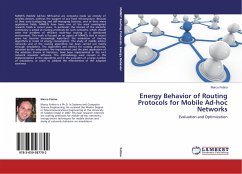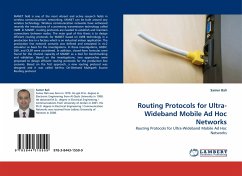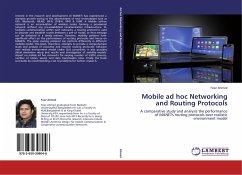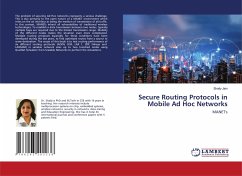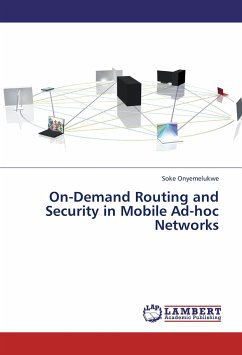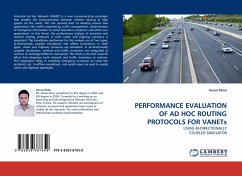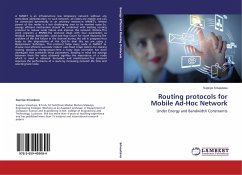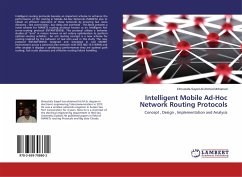MANETs (Mobile Ad-hoc NETworks) are networks made up entirely of wireless devices, without the support of any fixed infrastructure. Because of their auto-configuring and self-managing features, and of their many application fields, MANETs have been one of the most investigated research fields in recent years. In particular, the interest of the scientific community is aimed at routing protocols for such networks, which should solve the problem of efficient multi-hop routing in a distributed environment. This work is focused on an aspect of MANETs that in recent years has become increasingly important: the evaluation of routing algorithms in terms of energy consumption. The study of mobile ad-hoc networks and of the routing algorithms has been carried out mainly through simulations. The algorithms and metrics for routing protocols, obtained by the adaptation, the improvement and the joint application of the solutions known in literature, have been implemented in the ns-2 network simulator software. The methodology used consists in the implementation of the algorithms and in the execution of a large number of simulations, in order to validate the effectiveness of the adopted scenarios
Bitte wählen Sie Ihr Anliegen aus.
Rechnungen
Retourenschein anfordern
Bestellstatus
Storno

